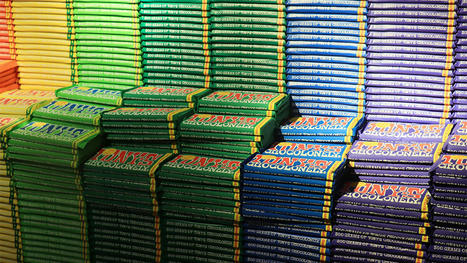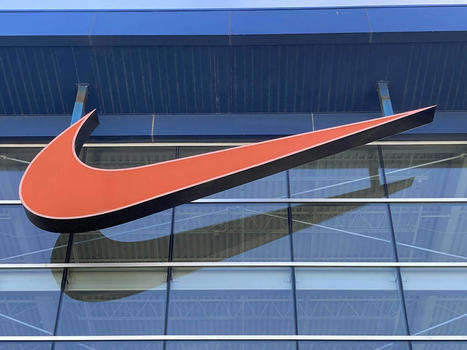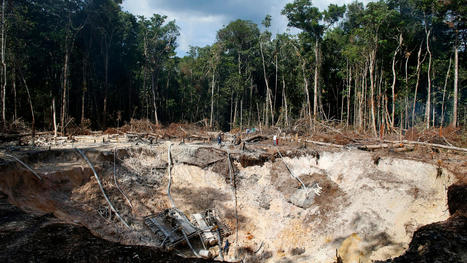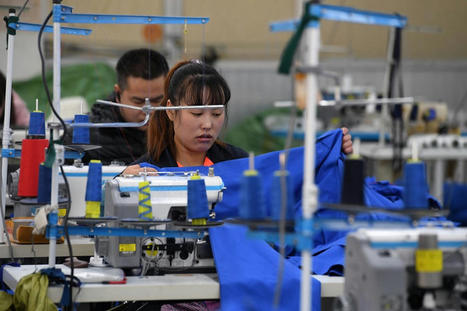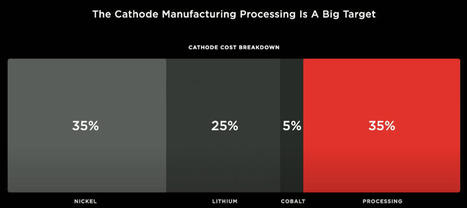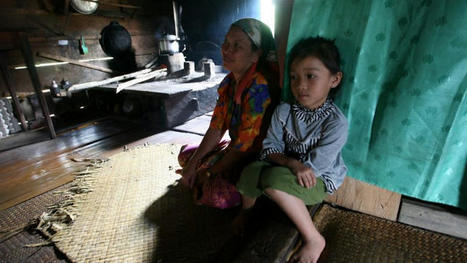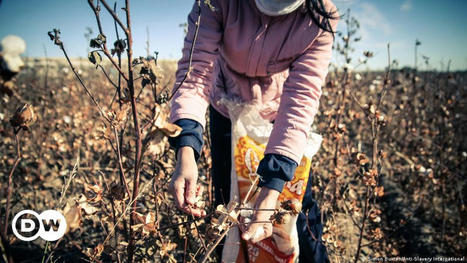Supply chains in commodity industries are often characterized by social and environmental abuse. In the cocoa industry, for example, the average farmer cultivates between three and five hectares to earn less than two dollars a day. It is an environment rife with social and environmental abuse. In this article, the authors look at the experience of Tony’s Chocolonely, a Dutch chocolate brand founded in 2005, which set itself a mission to sell 100% slavery-free chocolate. They show how Tony’s brought its supply chain partners together to create an altogether new paradigm in which all actors take responsibility for social impact. And it really works: Tony’s profitably sells around $130 million worth of slavery-free chocolate bars in Western Europe and the U.S.
Via EcoVadis



 Your new post is loading...
Your new post is loading...

